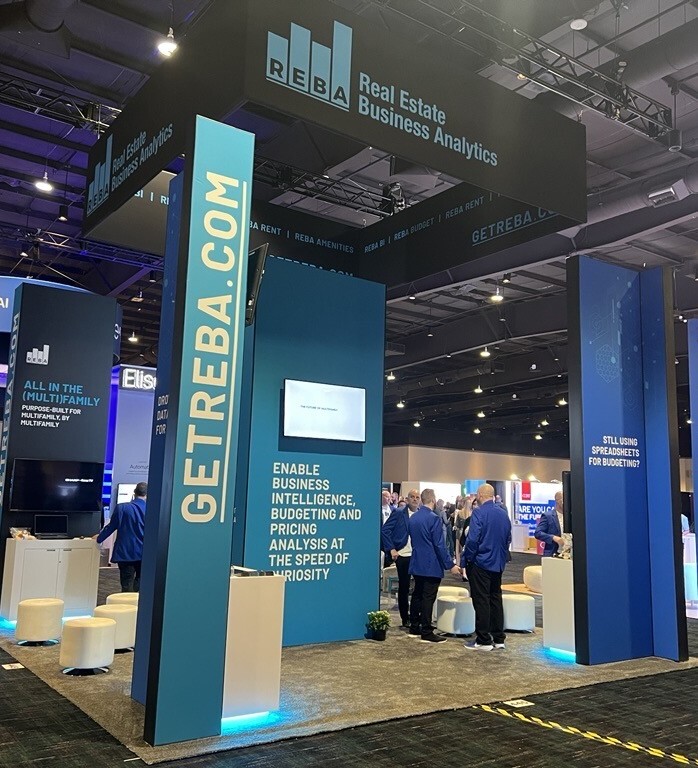On October 6, Gover Gavin Newsom signed into law AB 325, the Preventing Algorithmic Price Fixing Act. While it used different language, the law clearly matches Seattle in that it bans the use of even publicly-available competitor data.
As with most (all?) of the proposed and passed legislation the past two years, the biggest danger is not the law itself, it’s operators and/or owners overreacting by not paying close enough attention to the language itself.
The new law, effective January 1st of the coming new year, adds a new Section 16729 to the Business and Professions Code, to read:
(a) It shall be unlawful for a person to use or distribute a common pricing algorithm as part of a contract, combination in the form of a trust, or conspiracy to restrain trade or commerce in violation of this chapter.
(b) It shall be unlawful for a person to use or distribute a common pricing algorithm if the person coerces another person to set or adopt a recommended price or commercial term recommended by the common pricing algorithm for the same or similar products or services in the jurisdiction of this state.
(b) above seems uncontroversial enough. I am not aware of anyone who thinks that pricing software should be used to coerce people into adopting any recommended price or commercial term; in fact, allowing overrides is a common functionality throughout all the leading options.
Most of (a) is also uncontroversial; in fact, it seem to just restate already-illegal acts under both state and federal antitrust laws. The part that is likely to raise the most concern is that merely using or distributing a “common pricing algorithm” as part of a contract will now be illegal in the entire state of California, a state responsible for almost 1 in every 7 dollars of US GDP!
On a quick read, it sounds like PRM software, other than that developed in house for only one company, is dead in California and anywhere else that follows California’s precedent by enacting similar legislation.
BUT A QUICK READ IS ALSO AN INCORRECT READ. As we have pointed out many times prior in this blog series, it’s important to take the time and effort to read the details (and here).
The key is the definition of “common pricing algorithm” as written into this new law (bold italic emphasis for clarity):
“Common pricing algorithm” means any methodology, including a computer, software, or other technology, used by two or more persons, that uses competitor data to recommend, align, stabilize, set, or otherwise influence a price or commercial term.
The only things outlawed are algorithms using competitor data—and like Seattle’s Ordinance, this includes publicly-available competitor data.
Perhaps calling this “common” algorithms is appropriate, since all legacy and most new-entry software depends on competitor data as core to their models. Many can’t even function without competitor data.
And that’s just one of the things that makes REBA Rent unique. REBA Rent does not use competitor data, public or non-public, in its price recommendation algorithms. It even goes so far as to give users the choice of whether (public only) competitor data can be viewed while reviewing recommendations (so California properties can turn off competitor data if they feel as though having such data in the software would run afoul of the prohibition to “influence” a pricing term).
And as we’ve argued many times before, comp data is not only not necessary for making good recommendations in multifamily housing rental pricing, it can actively harm the quality of the recommendations. We know that sounds provocative, and we also have twenty-six years of experience backing that assertion. If you have doubts about this, please download this point-of-view paper and reach out to us. We’d love to hear your thoughts!





SHARE